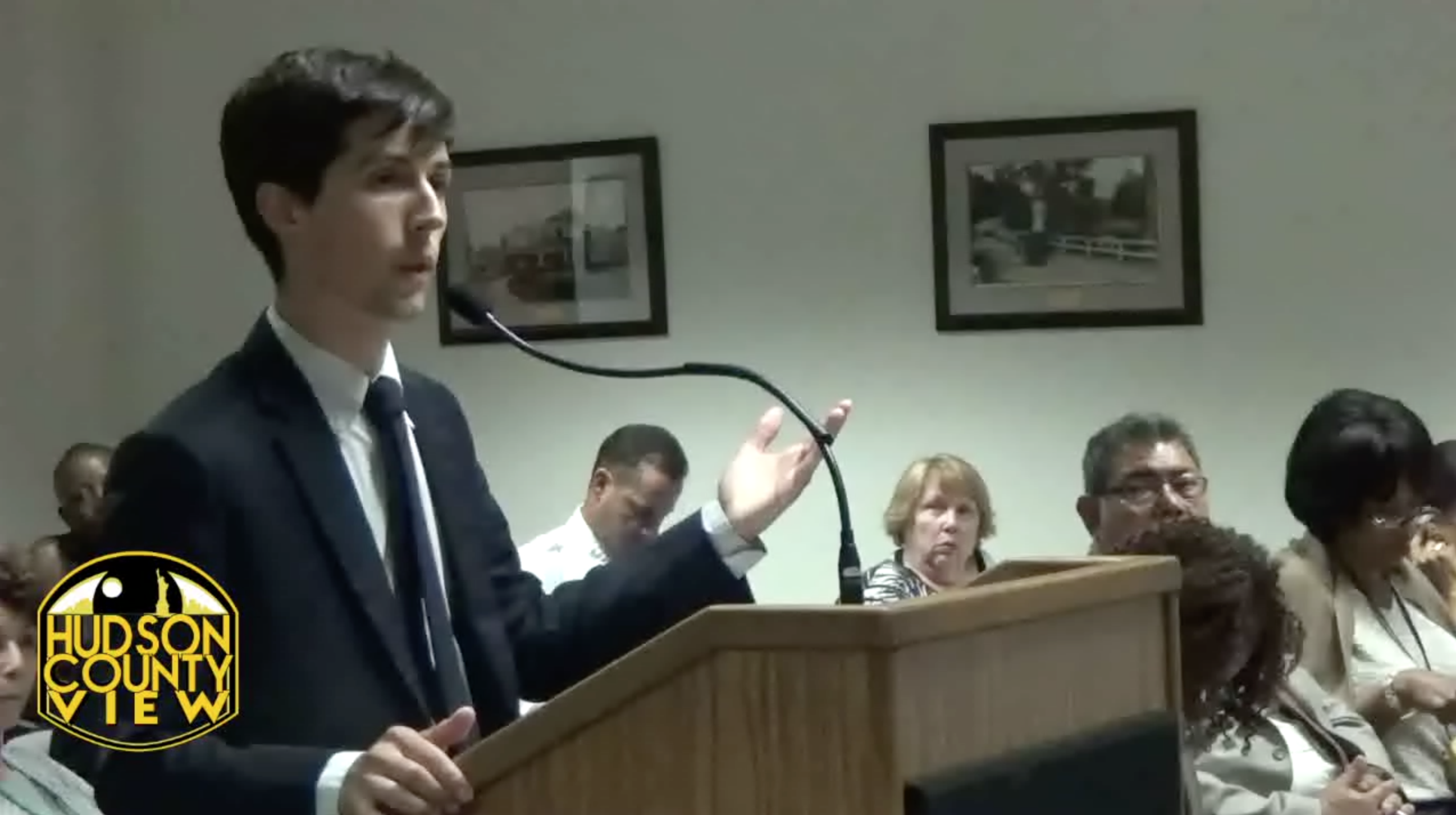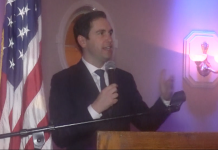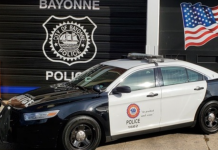Just before the Jersey City council approved a $1.2 million contract for police body cameras, the ACLU expressed their concerns about the statewide initiative to the NJ Attorney General – which included accessibility to the footage captured by officers.Â

By John Heinis/Hudson County View
In an eight-page letter sent to New Jersey Acting Attorney General John Jay Hoffman, dated August 17, the organization voices a number of concerns, first stating that “legitimate public access to BWC (body worm cameras) footage is too restrictive.”
Citing that footage may not fall subject to the state’s Open Public Record Act (OPRA), the ACLU argues that the footage would only be attainable by an average citizen due to a legal dispute.
“Without an alternate mechanism to obtain access to BWC footage, a civilian would need to be prosecuted or would need an attorney to file suit in order to obtain access,” page two of the letter says.
“For example, if a civilian on the street has a dispute with an officer and alleges that an officer pushed her up against the wall too aggressively and used a racial slur against her, that civilian likely has no meaningful opportunity to obtain access to that footage.”
The ACLU also adds that internal affairs officers or prosecutors should not be the ones to decide when footage from police body cameras are released, later expressing a lack of faith in internal affairs officers.
“Providing internal affairs officers – some of whom already have a documented history of discouraging the filing of complaints – the choice of whether to show a potential complainant BWC footage to demonstrate ‘what really happened’ creates an imbalance of justice in the civilian complaint process.”
Other concerns listed in the letter include the fact that not all police-civilian interactions will be recorded, recording incidents involving “civil disorder” are not clearly defined, the fact that BWC footage only needs to be maintained for 90 days and that civilians being recorded by officers do not have to be notified.
The letter is signed by Udi Ofer, Ed Barocas, Ari Rosmarin and Alexander Shalom, who are the executive director, legal director, public policy director and senior staff attorney, respectively, for the ACLU.
In an interview with Hudson County View back in December, Jersey City Police Lt. Robert Kearns, the President of the Jersey City Superior Officers Association (JCSOA), acknowledged that OPRA and privacy issues need to be addressed before the body cameras are issued.
“Regarding privacy concerns, when do the cameras need to be put on, when are they not supposed to be put on?,” added police officer Carmine Disbrow, the president of the Jersey City Police Officers Benevolent Association (JCPOBA), in the same interview.
He also stated that a protocol needs to be established for more private police matters, such as domestic violence incidents.
“Who is going to have access to that video? Like Bob said, is that OPRA-able?”
At Wednesday’s meeting, the Jersey City Council awarded a one-year contract of $1,215,500 to Mobile Video Systems, a Philadelphia-based company. Â $100,000 of the expense will come out of the city’s operating budget this year, according to the city’s official website.
Additionally, the contract purpose is defined as “to purchase body cameras for the Department of Public Safety/Division of Police. The cameras worn by the police officers will benefit not only the public but the police officers also.”
“The cameras will generate a sense of accountability for officers in the field and increase public trust in the Division of Police.”
Furthermore, while the current purchase is only for Jersey City, the city serves as the “lead agency for the Urban Municipality Purchasing Cooperative,” the resolution says, which also includes Newark and Paterson – meaning future public safety initiatives will likely include all three municipalities.
Jersey City Mayor Steven Fulop, Newark Mayor Ras Baraka and Paterson Mayor Joey Torres announced a cooperative public safety initiative 13 months ago, which will include shared officers and intelligence, among other resources.
The council approved the measure by a vote of 8-1 on Wednesday, with Ward C Councilman Rich Boggiano, a former Jersey City police detective, being the only member of the board to vote against the resolution.
A city spokesman did not return an email regarding the concerns outlined in the ACLU’s letter to the state Attorney General.











It would be nice to say why Rich voted against.
Udi Ofer, Ed Barocas, Ari Rosmarin and Alexander Shalom are ***damn heroes.